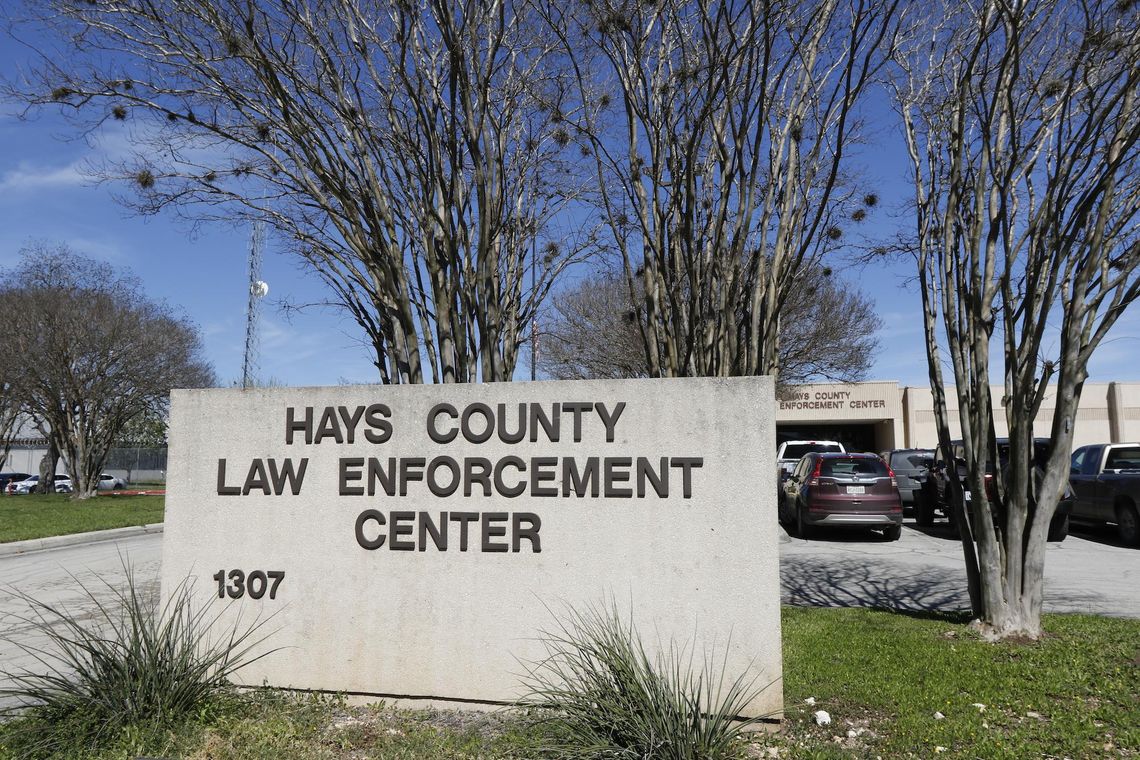A panel of local criminal defense experts discussed what a public defender office might look like in Hays County at a virtual town hall Thursday, May 7.
Although the grant application for support from the Texas Indigent Defense Commission passed on May 11, the event provided an opportunity for residents to ask questions and local officials to dispel misconceptions.
The town hall included panelists from Texas Indigent Defense Commission (TIDC), the Public Defender Office of Bexar County, the former Hays County District Attorney Office and the 453rd Judicial District Court.
Chief Public Defender of Bexar County Michael Young said that public defender offices are usually nonprofit or county departments that are assigned cases to provide representation. Many social justice advocates believe this is the best system to provide proper legal representation to low-income defendants. The indigent defense system currently in place in Hays County is the Texas court appointed system where a judge selects which attorney will be assigned to any case.
Bexar County has a hybrid system where the majority of the cases are appointed by the judge to attorneys and the public defender office takes a smaller percentage of cases.
Young says the impact of a public defender on someone’s outcomes are dramatic and credits it to the holistic approach of the office, “It can completely alter the path that someone is on whether they are a first time offender or they have a long criminal history. How we treat them in the criminal justice system will impact them at all levels. It impacts how they view government, elected officials and their role in society. By treating someone with respect and looking at them holistically, you are going to have better outcomes for that person and for the criminal justice system.”
Public defender offices address a person as a whole, rather than as a case. They can provide housing, mental health treatment or address addiction issues as a way to return the offender to a better position in society, said Young.
Public defender offices have been around in Texas since 1914 and there have been studies observing their impacts for just as long, according to Executive Director of the TIDC Geoff Burkhart. “We see fiscal savings, we see lower levels of recidivism and we see happier clients, judges, sheriffs and prosecutors once the systems are in place,” he said.
TIDC provides incentives to counties by doing planning studies and has already done one in Hays County. Ultimately it's a local decision, said Burkhart. They also provide supportive grants over 4 years to help get the office started.
“One of the biggest supporters of public defender offices are sheriffs. They see the consequences of attorneys that don't visit their clients,” said Burkhart.
Former District Attorney of Hays County from 2007-2014 and candidate for District Judge, 453rd District Court, Sherri Tibbe speaks to the issue of accountability that public defender offices address. Tibbe said, “I do not believe there is adequate accountability for attorneys that are appointed to cases in Hays County. There needs to be a system put in place. They are starting to do that with the new Indigent Defense Coordinator to make sure attorneys are visiting their clients, working their cases, getting their CLEs and doing everything they need to be competent in their representation of their clients.”
Tibbe explains it's difficult to adecuately represent a client without visiting them, but some of the barriers to visitation are not in the hands of the attorneys but are held by flawed system design. “Visitation areas in jails are not aquecate to meet with their client and many clients are being housed in other jails. Most lawyers are trying to do the best they can, but there are some safeguards that can be put in place for adequate representation,” Tibbe said.
Judge of the 453rd Judicial District Court, and candidate for election to the 453rd District Court Judge David Junkin praised the recent movement in Hays County to create the Indigent Defense Coordinator position and to hire a Padilla Attorney to provide free legal support for immigration issues to any defendant.
Public defender offices are met with resistance and support from all fronts at first, judges, clients and people who were recently incarcerated, according to Burkhart.
Young said there was resistance at first in Bexar County but the tables have turned drastically over a few years of seeing the impact. “Judges who were resistant at first are now asking me to put public defenders in their court. Attorneys are starting to see us more as an asset than an enemy. You are not going to replace a court appointed system,” said Young.
Burkhart supports a public defender office in Hays County for the sustainability of indigent defense as more law students graduate with debt and are less inclined to take on indigent cases and more attracted to high paying jobs at law firms, “Ultimately the goal is to be the best Hays County public defender office we can be, and tailor it to the community and what it needs.”
The event was put on by Texas Fair Defense Project, Texas Appleseed and Move Texas and moderated by the Advocacy Manager for Move Texas Alex Birnel and Executive Director at Texas Fair Defense Project Amanda Woog.
This story has been updated since its first publication.










